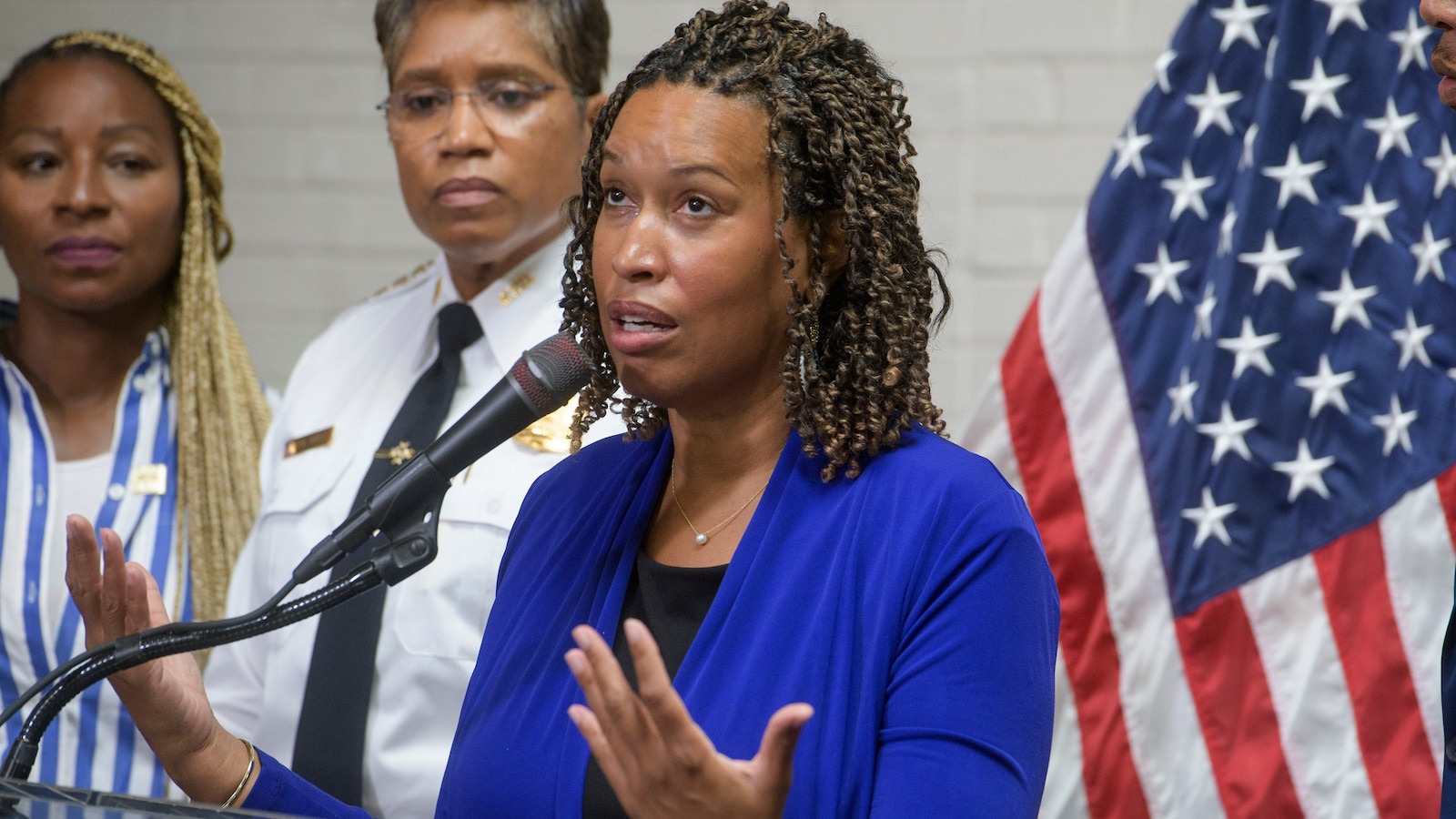As DC students returned to school on August 25, 2025, a significant law enforcement surge initiated by President Donald Trump reshaped the city’s landscape. The deployment of over 2,000 armed National Guard troops and federal control of the Metropolitan Police Department, aimed at curbing crime, particularly among youth, has sparked concerns about its impact on students. Below is an updated and concise overview, focusing on the latest developments and implications for students, based on available sources and the context of the prompt.
Overview of Trump’s Law Enforcement Surge
- Initiative Details: On August 11, 2025, Trump declared a public emergency in Washington, DC, citing high crime rates, including a juvenile arrest rate nearly double the national average (per a DC Policy Center report). The surge involves:
- National Guard Deployment: Over 2,000 troops, armed with M-17 pistols or M-4 rifles, patrolling high-traffic areas like the National Mall and Union Station under strict rules of engagement.
- Federalized Police: The Metropolitan Police Department is under federal control, with additional support from Homeland Security Investigations (HSI), FBI, and other agencies.
- Focus on Juvenile Crime: The administration targets “roving mobs of wild youth,” though local data shows juvenile arrests in 2025 are stable compared to 2023-2024.
- Recent Developments: By August 25, 2025, the surge had led to arrests at key locations, clearance of homeless encampments, and immigration enforcement directives, with DC police assisting federal agents.
Impact on DC Students
- School Reopening Context: Approximately 100,000 students began the school year at DC public schools on August 25, 2025, amid heightened security. Mayor Muriel Bowser and Chancellor Lewis Ferebee emphasized a “normal” start, assuring parents that schools remain safe and that federal troops are not needed for student safety.
- Community Fears:
- Intimidation Risks: Activists like Dara Baldwin from Free DC warn that Black and Latino students, who comprise over half of DC’s youth, may feel unsafe encountering armed troops or police checkpoints, potentially affecting attendance.
- Immigration Concerns: Parents, such as Louis Limes, expressed worries about ICE agents near schools, despite assurances that agents would avoid campuses on the first day. This could create a chilling effect for immigrant families.
- Trust Issues: Educator Sharelle Stagg and Georgetown Law’s Tahir Duckett highlighted that heavy policing might erode community trust, deterring students from engaging with authorities and exacerbating tensions.
- School Safety Measures: DC Public Schools maintain existing safety protocols, but the visible presence of troops in neighborhoods like Ward 7 and 8 has raised concerns about psychological impacts on students.
Civic and Political Reactions
- Local Opposition: Mayor Bowser has resisted the surge, arguing that crime was already declining (a 2025 report noted a 15% drop in violent crime year-over-year) and rejecting federal control of police as an overreach. A court ruling upheld her authority to appoint the police commissioner.
- Public Sentiment: A Washington Post-Schar School poll from August 2025 found 65% of DC residents doubt the surge’s effectiveness, with 80% opposing federal police control. Protests on August 15 near police headquarters underscored community unrest.
- Police Perspective: Chief Pamela Smith noted some support for the surge, citing safer public spaces, but acknowledged community divisions.
- White House Stance: The administration defends the surge as a response to local leadership’s failure to address crime, framing it as part of a “Make DC Safe Again” agenda.
Broader Implications
- Educational Environment: The surge risks creating a climate of fear, particularly for minority students, potentially impacting attendance, mental health, and academic performance. Community leaders advocate redirecting surge funds to youth programs.
- DC Autonomy: The federal intervention highlights DC’s limited self-governance, fueling calls for statehood to prevent such overreach.
- Crime Context: Despite claims of a crime wave, local data suggests stability, raising questions about the surge’s necessity and political motivations.
Conclusion
On August 25, 2025, DC students returned to school under the shadow of Trump’s law enforcement surge, which has deployed armed National Guard troops and federalized police to address crime. While local leaders insist schools remain safe, the heavy presence raises fears of intimidation and eroded trust, particularly among Black and Latino youth. The surge underscores tensions between federal and local control, with significant implications for students’ sense of security. For specific details on affected schools, crime statistics, or community initiatives, let me know!
Tags: DC students, Trump law enforcement surge, National Guard deployment, juvenile crime, Washington DC schools, Mayor Muriel Bowser, federal police control, Black and Latino youth, school safety, DC autonomy
